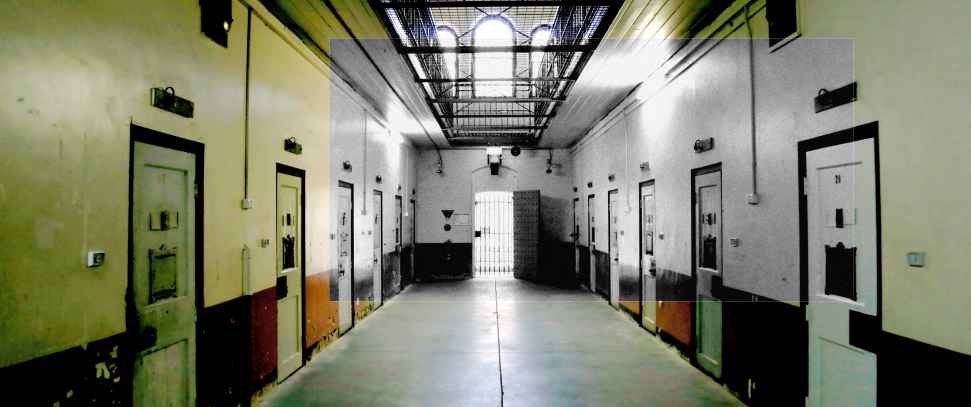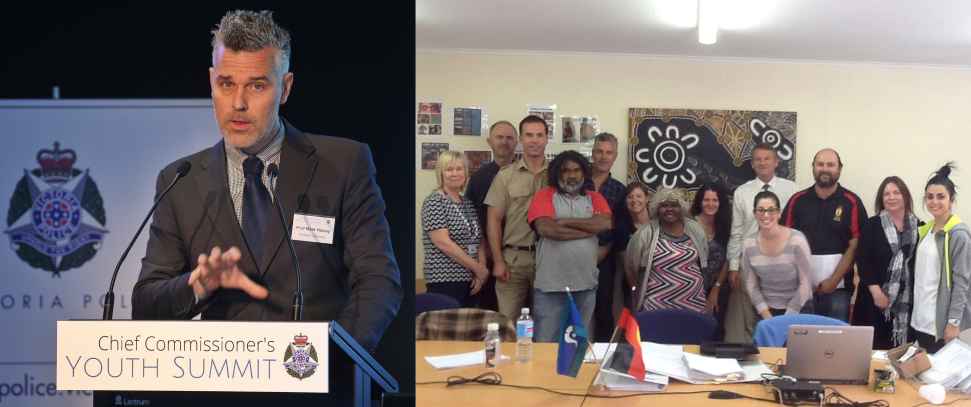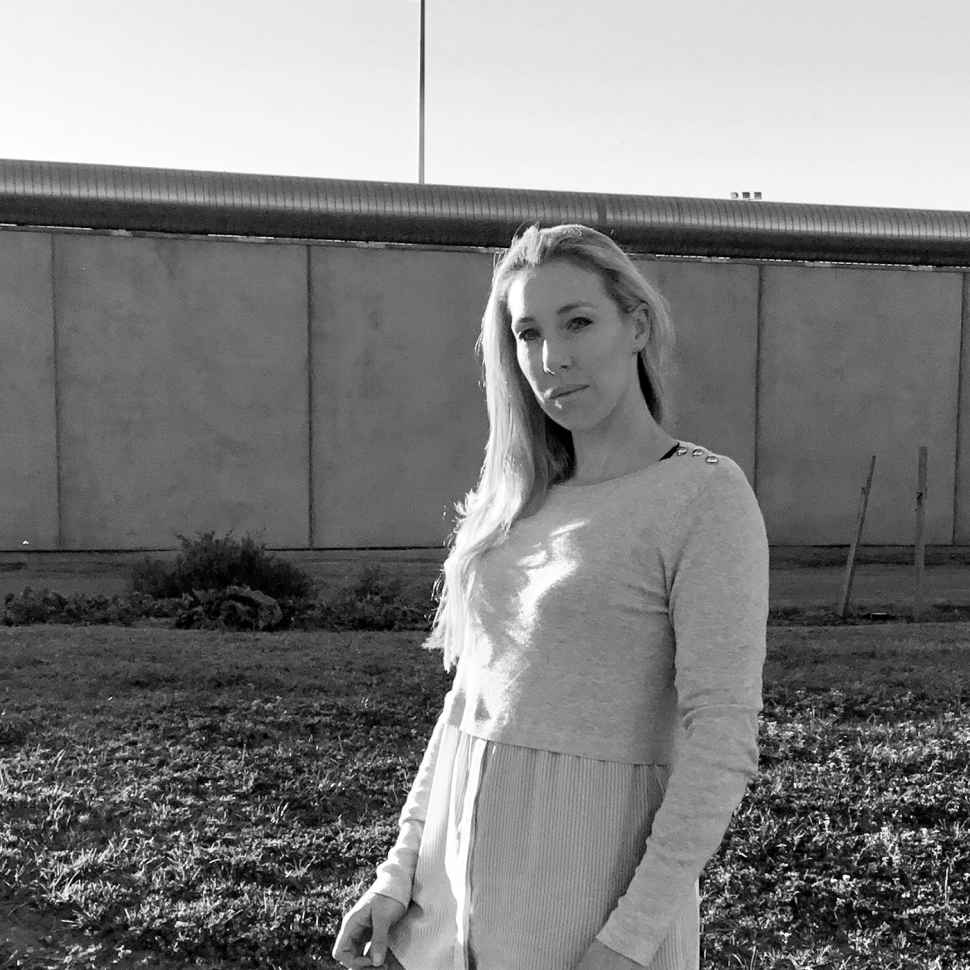
Corrections and public protection are issues of national and international importance.
The constant and expanding flow of offenders into and out of prisons poses ongoing challenges for correctional personnel, policy makers as well as prisoners' families and victims of crime.
We look at who is incarcerated, the crimes that have been committed and what access inmates have to rehabilitation and reintegration programs, along with the direct affects this has on community safety.
The Centre for Crime Policy and Research has undertaken research that spans many areas, including the changing nature of prison officer work, best practice in rehabilitation and offender reintegration, prevention of correctional corruption, effectiveness of parole and conditional release, post-prison employment pathways, as well as the nature of intergenerational trauma and repeat incarceration in the lives of Indigenous offenders.
Our research plays a key role in shaping policy, while our ongoing work extends to how the criminal justice system functions and how it can be improved.

Chief Commissioner's Youth Summit and undertaking fieldwork for the Indigenous youth offending project, Anangu Court, Yalata.
PhD highlights

Simone Deegan - The lives and adjustment patterns of juvenile lifers.
Widespread interest in juvenile homicide offending has failed to translate into a sizeable body of research on how these individuals fare post-conviction. Certainly, very little is known about their adjustment to prison life and success in obtaining parole and re-integration back into the general community.
Through interviews with juveniles convicted of murder in South Australia, PhD candidate Simone Deegan is exploring features of their childhood that may explain, though not justify, their subsequent criminal actions as well as their more recent attempts to negotiate both juvenile and adult prison environments and or parole/community re-entry.
The extent to which prison facilitates and/or inhibits the mental, emotional and social development of juvenile “lifers” is a critically important issue. Most – if not all - will be released at some point with key issues of risk (public protection) and rehabilitation (probability of desistance) coming sharply to the fore.
Grants and consultancies
Trend information on crime rates in SA and comparatively within Australia over the last 10 Years. (Police Association of South Australia (PASA), 2017 - 2019)
Andrew Goldsmith
Comparing the trends of crime rates in South Australia with the rest of Australia over the past 10 years.
Systems evaluation of inSYNC (supporting youth in community) service delivery model, Ceduna/Koonibba. (Department for Communities and Social Inclusion, 2017)
Mark Halsey & Andrew Goldsmith
InSYNC is the umbrella program for coordinating services supporting young people in the Far West. The Coordinator position is funded through the Department for Communities and Social Inclusion (DCSI), South Australia. It's about synchronizing responses to help young people and their families with complex needs. The program is part of the Ceduna Service Reform process, a DCSI initiative with the goal of reducing alcohol-related harm in the Far West.
A future beyond the wall: Improving post-release employment outcomes for people leaving prison (ARC, 2017)
David Bright
Engaging in meaningful work has been shown to reduce re-offending by ex-prisoners. However, few prison releasees in Australia or internationally gain employment. Successful pathways to employment for this group are poorly researched and understood. This study will gather and analyse comparative data from Australian jurisdictions and employment agencies on the relationship between in-prison and post-prison vocational education and employment programs, employment and recidivism. It will identify effective elements, strategies, program and policy directions in offender training and employment. This unique partnership brings together key academics in the field, peak national bodies, correctional and employment organisations. A Future Beyond the Wall is a three year project funded under the Australian Research Council (ARC) Linkage Projects scheme.
Red Cross, (Australian Red Cross 2017 - 2019)
Mark Halsey & David Bright
Evaluation of the pilot of Community Based Health and First Aid (CBHFA) in action in Australian prisons.
Literature review and jurisdictional analysis - young adult offenders (Corrections Victoria, 2016)
Mark Halsey
This report, commissioned by Corrections Victoria, provides an overview of what works in rehabilitating young adult offenders aged 18 to 25 who are imprisoned, transitioning to the community, or sentenced directly to a community based order.
This project aims to advance knowledge of the causes of, and means for ameliorating, Aboriginal over-incarceration. The research deliberately locates Aboriginal people at the heart of the study and takes a “bottom up” approach to discerning the factors impacting their well-being within and beyond custody.
Collaborations
Professors Halsey and Goldsmith have undertaken contracted research for the State Government on adult restorative justice in Adelaide and the justice and welfare situation of young at risk people in rural and remote areas of South Australia.
Associate Professor Sangha has been involved in the area of Miscarriages of Justice, in particular the study of wrongful convictions that have led to long terms of imprisonment. Her work in this area has led to legislative reform in South Australia.


